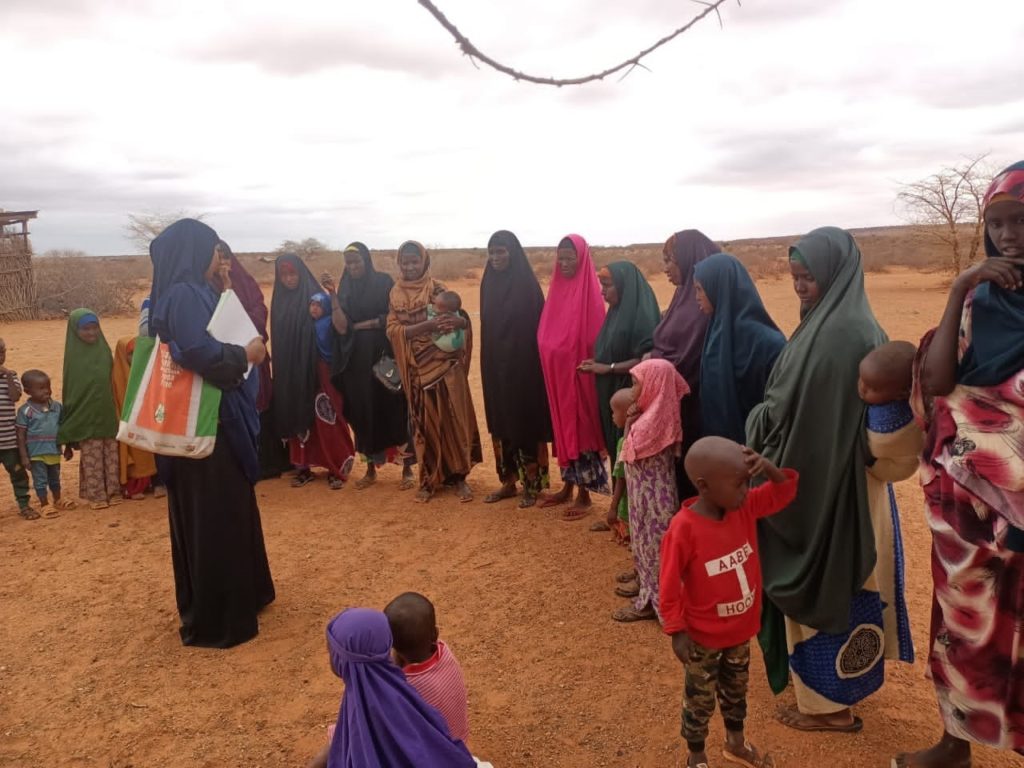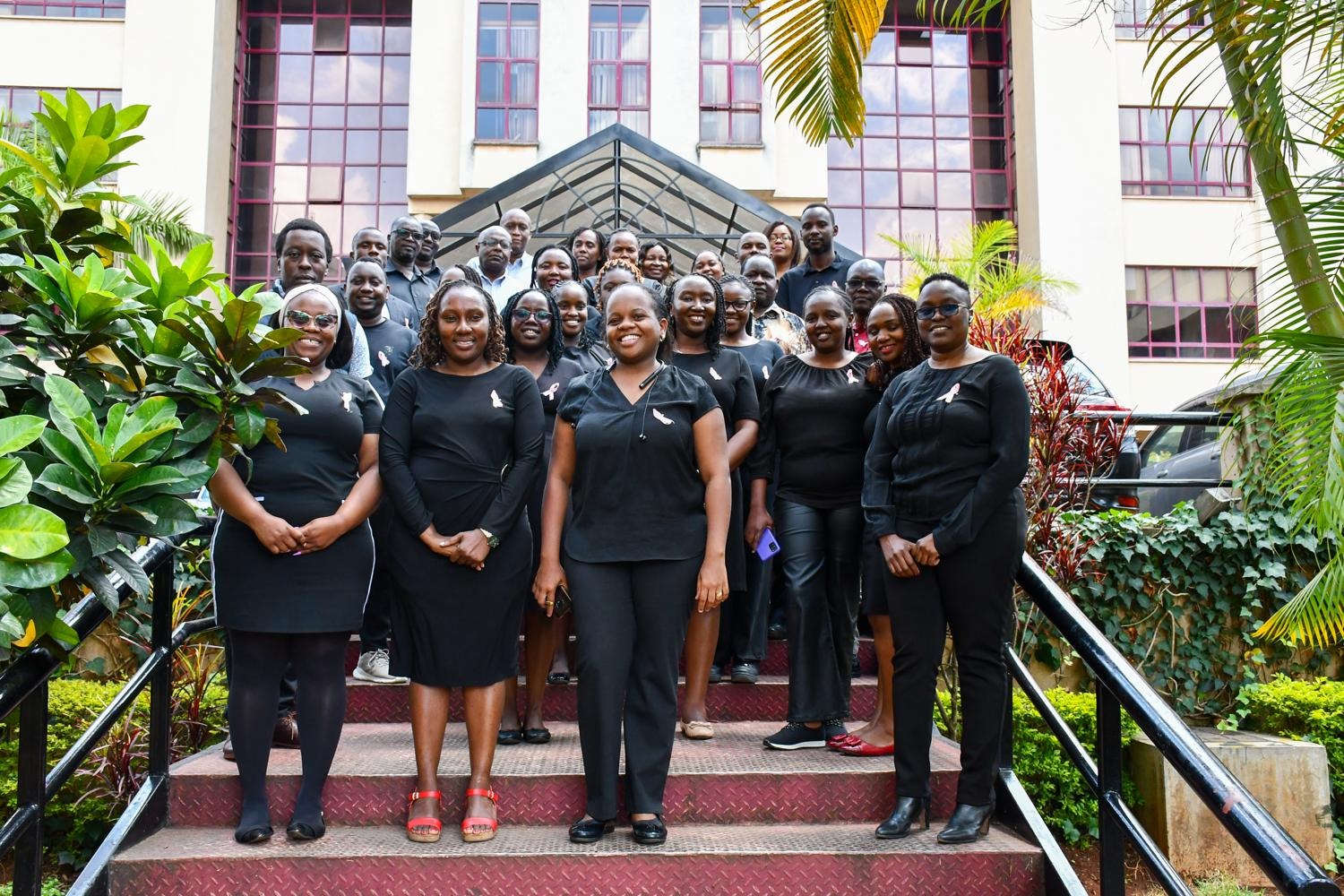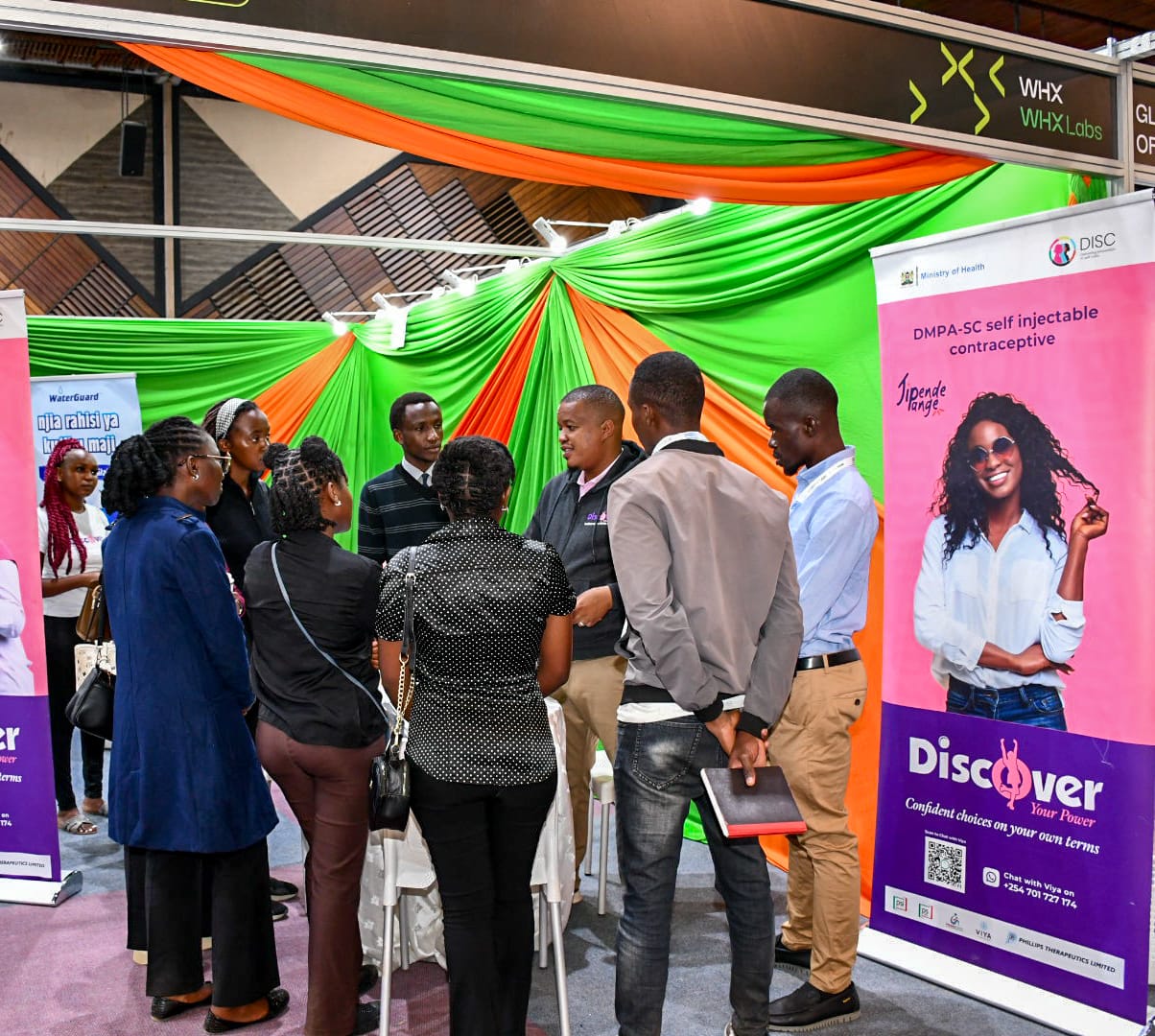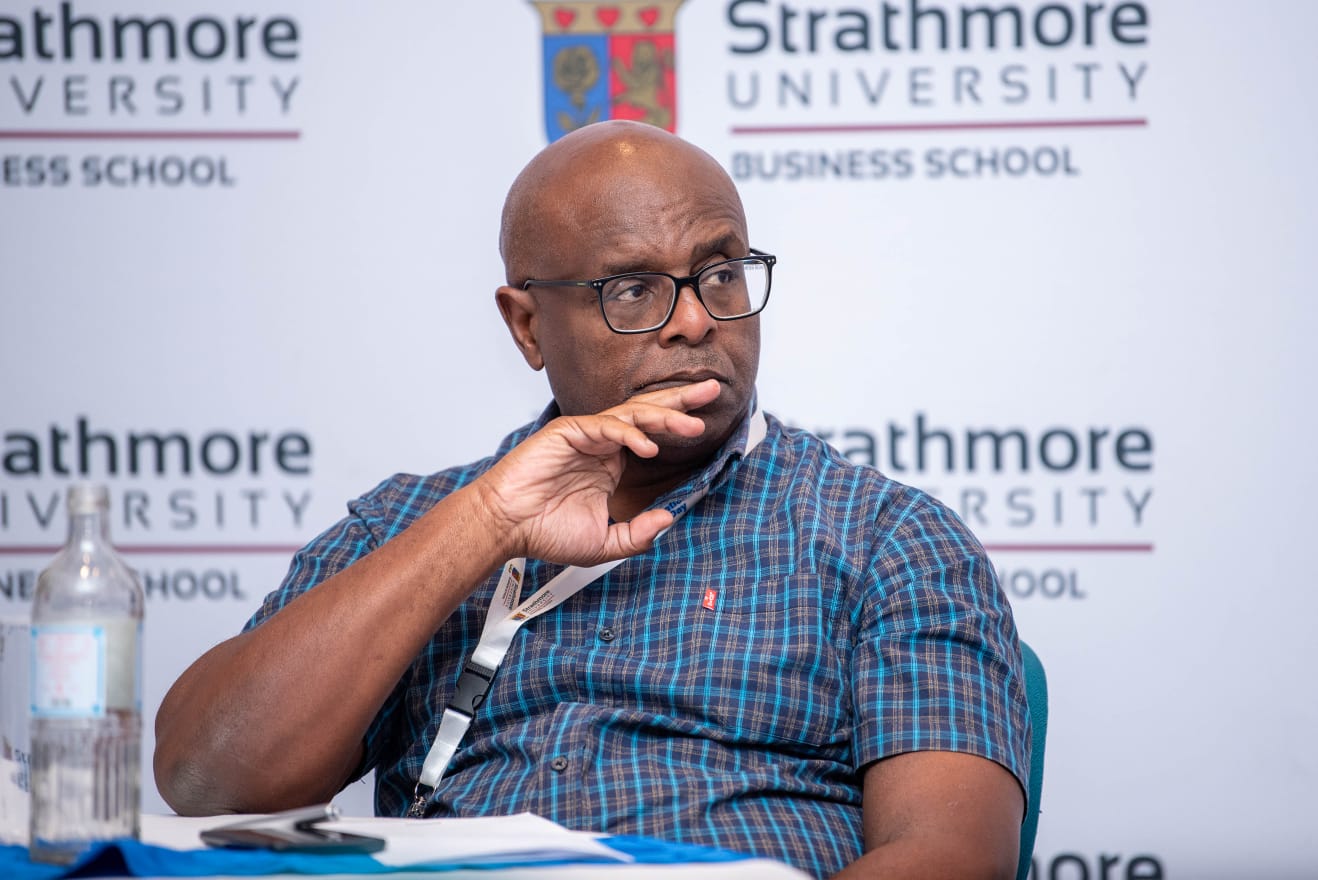In a town rich in cultural beliefs and religious diversity, a community-based organisation (CBO) embarked on a transformative mission to empower residents with knowledge about gender-based violence (GBV) and sexual reproductive health and rights (SRHR). The organisation sought to eliminate stigma, break down barriers, and cultivate a culture of open dialogue around these vital topics.

Recognising the importance of addressing sexual reproductive health and rights for the overall well-being of the community, the Accelerate programme, operating under the Wohed CBO, approached the challenge with passion, knowledge, and a commitment to inclusivity. Members underwent a comprehensive programme prioritising community engagement as a primary means of interaction.
The first crucial step involved building trust within the community. Wohed members actively participated in local events, formed partnerships with community leaders, and engaged in conversations with residents to discern their unique needs and concerns regarding GBV and SRHR knowledge. This groundwork served as the cornerstone for a successful engagement strategy.
To reach a broader audience, Accelerate organised a series of interactive community sessions held in accessible locations like community centres, local schools, marketplaces, boda boda stations, and chief barazas. Covering topics ranging from basic anatomy and contraception methods to understanding consent and advocating for reproductive rights, these sessions also provided information on GBV case referral pathways.
The key to the programme’s success lay in its emphasis on inclusivity. Accelerate ensured that the sessions were culturally sensitive, respecting diverse perspectives and beliefs within the community. Addressing language barriers, CBO members provided translations, and session materials were tailored to be easily understood by everyone, regardless of educational background.
Expert speakers, including healthcare professionals, counsellors, legal activists, religious leaders, and chiefs, were featured in the community sessions. Real-life stories and case studies were incorporated to humanise the information, making it relatable to participants. Interactive activities, group discussions, and Q&A sessions encouraged active engagement, allowing community members to share their thoughts and concerns.
To sustain momentum, Accelerate established ongoing support networks through their other programmes, creating spaces where individuals could continue the conversation, seek guidance, and access additional resources. These networks not only strengthened community bonds but also provided a platform for continuous learning.
As a result of these efforts, the community has undergone a positive transformation. Residents reported feeling more empowered and informed about their sexual and reproductive health and rights. Stigmas surrounding these topics have diminished, and the community is becoming more accepting and supportive of diverse perspectives.
The success of Accelerate’s community engagement sessions extended beyond the immediate community impact, sparking a ripple effect. Local schools are planning to integrate comprehensive sexual education into their daily curriculum, and healthcare facilities are offering more accessible reproductive health services. Other community-based organisations in the region have started adopting the initiative’s impact.
The success of Accelerate’s community engagement sessions highlights the transformative power of education and open dialogue. By prioritising inclusivity, cultural sensitivity, and ongoing support, the programme is not only empowering individuals to make informed decisions about their sexual reproductive health but also fostering a more resilient and connected community.



